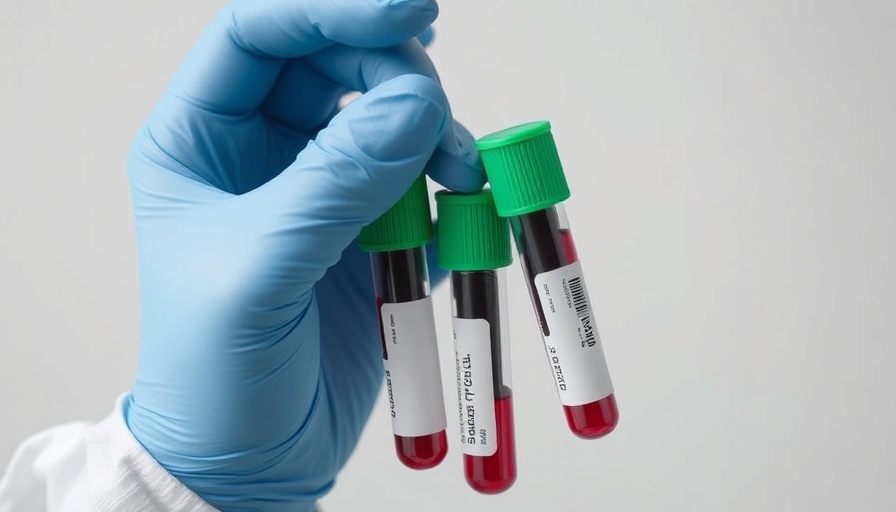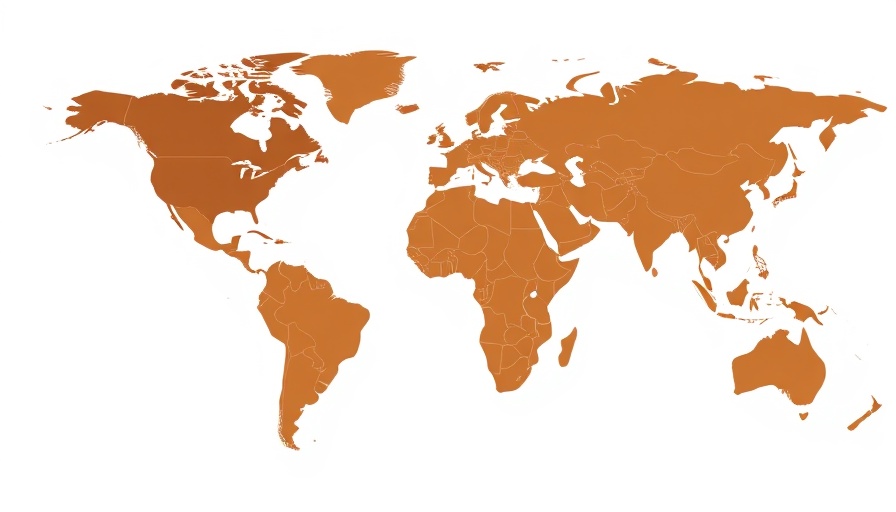
Understanding Celiac Disease: What You Need to Know
Celiac disease is a serious autoimmune condition where the ingestion of gluten leads to damage in the small intestine. It is estimated to affect one in every 100 people globally, yet many remain undiagnosed or misdiagnosed for years. Conventional blood tests require individuals to consume gluten to confirm the presence of this condition, often leading to physical discomfort and long-term health complications.
Promising Advances in Diagnosis
Recent research has introduced a novel blood test called WBAIL-2, which may revolutionize the way celiac disease is diagnosed. This innovative test measures cytokine interleukin-2 levels, offering a potential diagnostic approach that doesn’t provoke the adverse symptoms associated with gluten consumption. According to the study published in Gastroenterology, WBAIL-2 showed high effectiveness even in individuals adhering to a gluten-free diet, thereby addressing a significant barrier in the diagnosis process.
The Journey to Diagnosis: A Personal Perspective
The path to a celiac diagnosis can be traumatic. Imagine being in your thirties, enjoying a full-fledged life until relentless digestive issues send you to multiple specialists. Many doctors initially dismiss the symptoms as stress or a temporary issue. After trajectory shifting months, the suggestion to consume gluten before undergoing a endoscopic biopsy feels perilous. Sadly, this is a familiar story for countless individuals, underscoring why innovative approaches such as the WBAIL-2 test are not merely scientific advancements; they're lifelines.
Breaking Barriers: The Benefits of a Non-Invasive Test
One of the most significant advantages of the WBAIL-2 test is the potential to diagnose celiac disease without the painful burden of gluten reintroduction. Participants in the recent study provided blood samples irrespective of their diets, indicating that interleukin-2 levels could distinguish between those with celiac disease, those with non-celiac gluten sensitivity, and healthy individuals.
This advancement could significantly reduce the diagnosis time from years to mere weeks, enabling patients to pursue a strict gluten-free lifestyle sooner. With early diagnosis, associated health complications such as osteoporosis, infertility, and neurological issues could be avoided, promoting better overall health outcomes.
Future Directions: What Lies Ahead
As researchers continue to explore the potential of the WBAIL-2 test, it raises the question: could such innovations change our approach to other autoimmune diseases? There’s a growing body of thought around using biomarkers for early detection in various conditions, emphasizing preventative care. Knowledge sharing about these developments is crucial, as it empowers individuals with information about their health options.
The Wider Implications: Global Health Considerations
The progress made in treating and diagnosing celiac disease sheds light on the broader topic of global health. With various health organizations focusing on chronic digestive diseases, solutions like the WBAIL-2 test could lead to more efficient healthcare policies worldwide. As we continue to witness the impact of global diseases and the nuances of immune responses, it's essential that healthcare policies adapt to prioritize innovative diagnostic methods.
Common Misconceptions About Celiac Disease
Many assume celiac disease can be outgrown, or that it only affects those who consume a high-gluten diet. However, misconceptions surrounding this condition can perpetuate stigma and misinformation. Knowing that celiac disease requires lifetime management is vital for creating a supportive environment for those affected.
A Call to Action: Advocate for Better Health Practices
If you or someone you know is struggling with unexplained gastrointestinal symptoms, advocate for more comprehensive testing and discussions with healthcare providers on potential celiac disease. Share this information widely to raise awareness. The progression towards easier diagnosis could illuminate paths to healthier living for millions.
 Add Row
Add Row  Add
Add 




Write A Comment